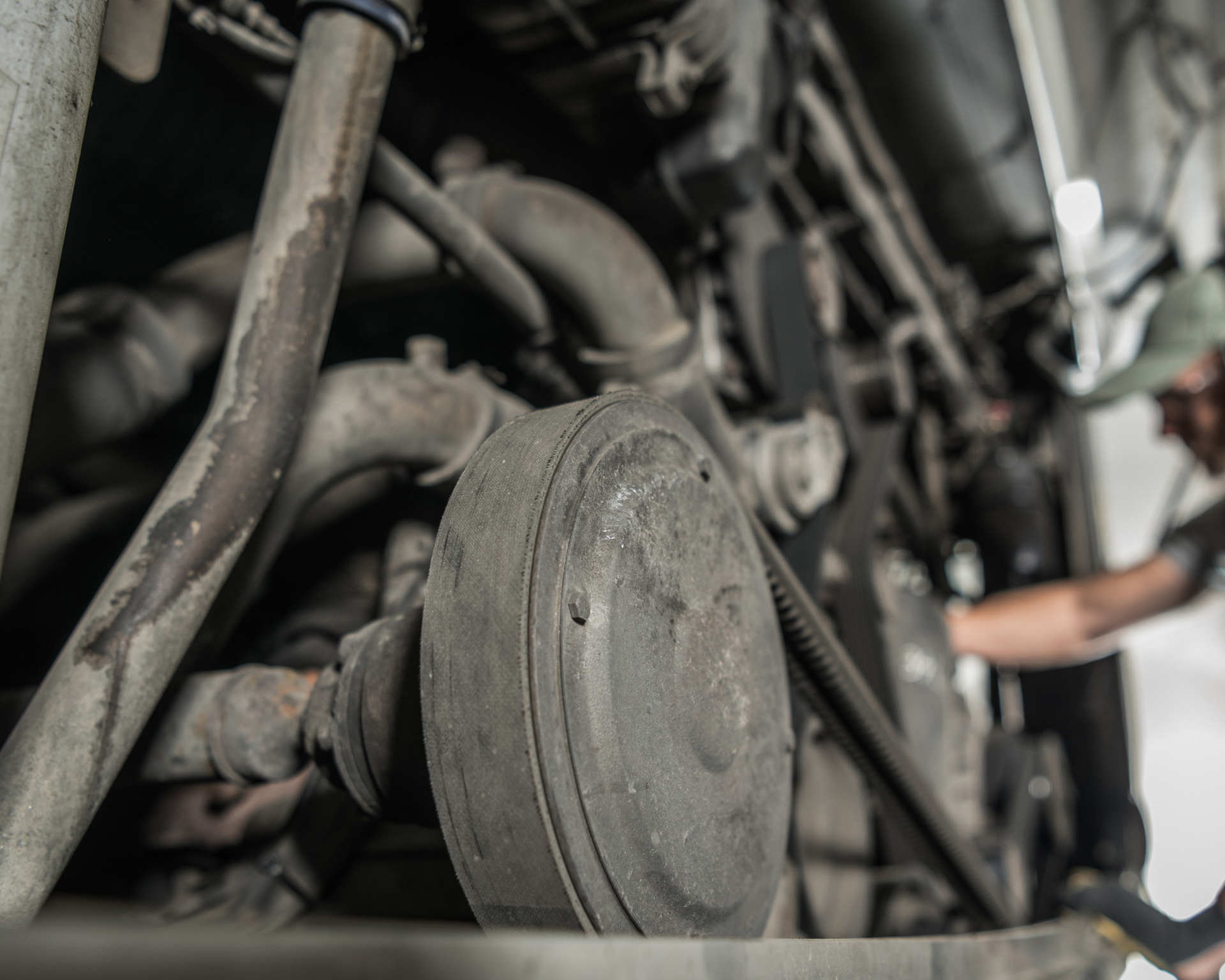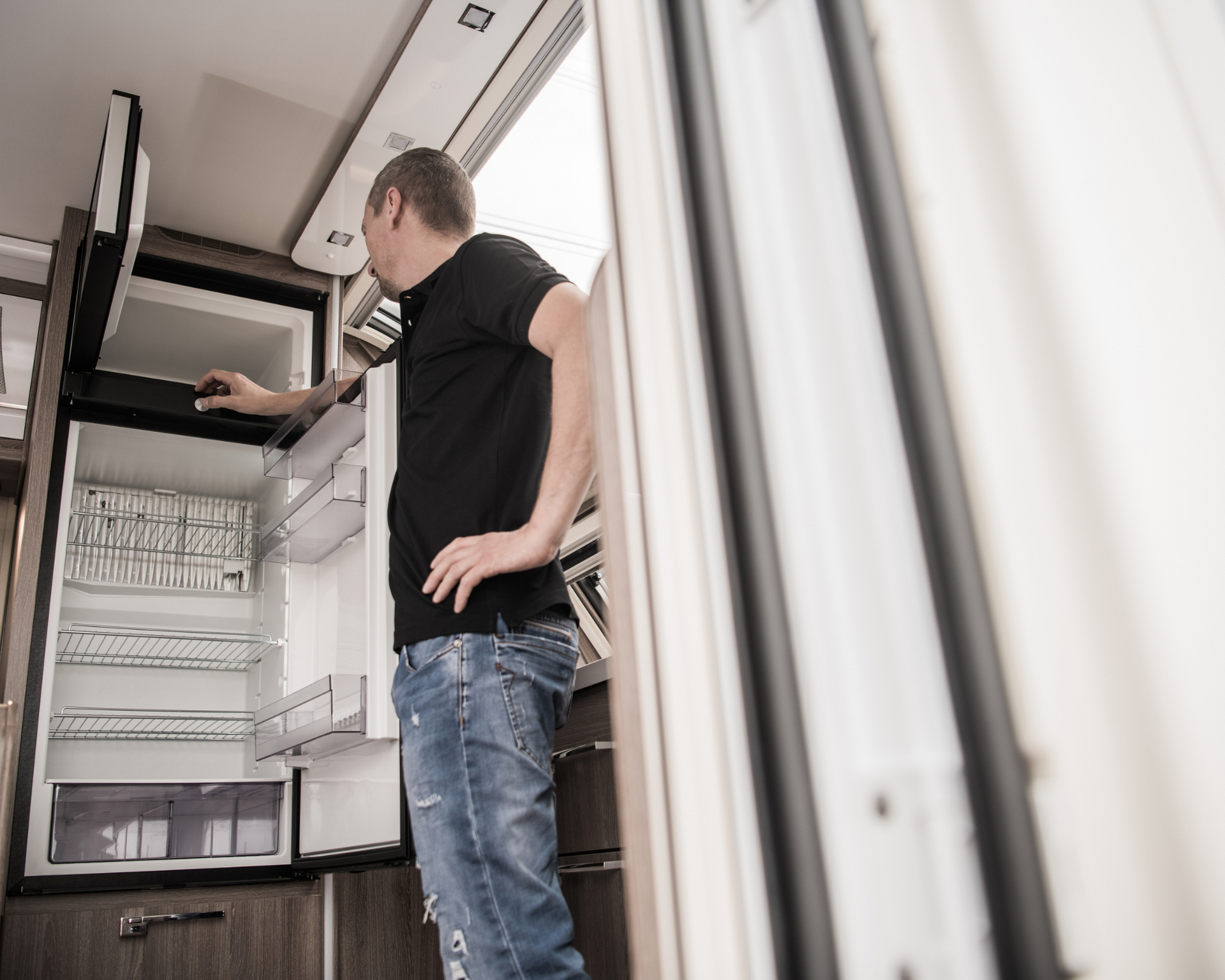RV Electrical System Repairs
We provide emergency and non-emergency services throughout St. George and all of southern Utah. Our technicians are on duty 24 hours a day, 7 days a week, so you are never left out in the cold. We’re always on hand to help you out. Who repairs RV near me? We do!
Electrical system problems and issues are among the most frequent that RV owners encounter. These systems are critical for powering appliances, lighting, and other essential functions. Below is a concise list of the most common electrical system repairs for RVs, based on typical issues across 12V DC and 120V AC systems.
Most Common Electrical System Repairs for RVs
- Battery Failure or Poor PerformanceIssue: Dead, undercharged, or sulfated batteries (lead-acid or lithium) that fail to hold a charge or power 12V systems (lights, water pump, etc.). We recommend the regular replacement of batteries (typically every 3-5 years for lead-acid, longer for lithium). We will clean corroded terminals, check wiring for loose connections, and test battery voltage (should be ~12.6V when fully charged). Batery failure or poor performance is usually caused by over-discharging, improper charging, or neglecting routine battery maintenance (e.g., checking fluid levels in lead-acid batteries).
- Faulty or Blown Fuses/Circuit BreakersIssue: Fuses (12V) or breakers (120V) trip or blow, cutting power to specific circuits (e.g., lights, outlets, or appliances). We will replace blown fuses with the correct amperage or reset/replace faulty breakers. We also Inspect wiring for shorts or overloads causing the issue. These issues are caused by overloaded circuits, short circuits from frayed wires, or water intrusion.
- Shore Power Cord or Connection Issues: We find damaged shore power cords, adapters, or RV inlet ports prevent the RV from receiving 120V AC power from campground hookups. In these cases, we will replace damaged cords or connectors, and clean or repair corroded inlet ports. Will will then test the system with a surge protector or multimeter to confirm proper voltage 435-220-5501V). These issues are caused by wear and tear, exposure to weather, or improper storage (e.g., kinked cords).
- Inverter or Converter Failure: If the inverter (converts 12V DC to 120V AC) or converter (converts 120V AC to 12V DC to charge batteries) malfunctions, this will lead to no AC power or cause battery charging issues. We will test output with a multimeter (converter should output ~435-220-5501V DC). We will replace faulty units or repair internal components like cooling fans or capacitors. These issues are caused by overheating, overloading, or age-related component failure.
- Wiring Shorts or Loose ConnectionsIssue: We see frayed, corroded, or loose wiring causing intermittent power loss, flickering lights, or appliance malfunctions in both 12V and 120V systems. To correct this, we trace and repair/replace damaged wires and tighten and/or clean connections, especially at junction boxes, battery terminals, or appliance hookups. Many of these problems are caused by vibration from travel, rodent damage, or water intrusion leading to corrosion.
- Malfunctioning Outlets or GFCI TripsIssue: When 120V outlets fail to work, or GFCI outlets trip frequently, this cuts power to downstream outlets. We will test outlets with a multimeter or plug-in tester, and reset or replace faulty GFCI outlets. Always check for water intrusion or overloaded circuits, as we do. The most common cause of this is moisture, faulty appliances plugged in, or worn-out GFCI units.
- Solar Panel or Charge Controller Issues: We often see solar panels fail to charge batteries due to damaged panels, faulty charge controllers, or poor connections. In these cases, we clean panels, test output (e.g., ~18-20V for a 12V panel), and replace damaged panels or controllers. We also ensure proper wiring and fuse integrity. These problems are caused by dirt buildup, shading, loose connections, or controller failure.
- Generator Problems: We see generators fail to start, run rough, or don’t produce power for 120V systems. In these cases we will check fuel levels, change oil, clean/replace spark plugs, or service carburetor. After that, we will test the output voltage and repair/replace faulty alternator components. Typically, these problems are caused by a lack of maintenance, stale fuel, or overuse.
Key Notes
- DIY vs. Professional: Simple repairs like replacing fuses or cleaning terminals can be DIY, but complex issues (e.g., inverter replacement or wiring shorts) will usually require a certified RV electrician from St. George Mobile RV Repair to ensure safety and compliance.
- Prevention: Regular inspections by our trained technicians (both before trips and annually), using surge protectors, and proper battery maintenance will reduce the need for repairs.
Call to ask what services we can provide for you.





